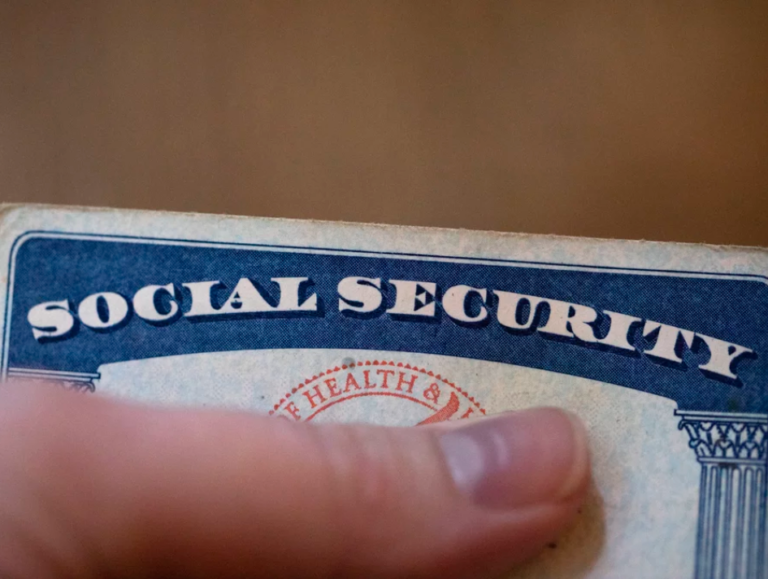WASHINGTON — When Congressman Rodney Davis took office in 2013, he introduced the Social Security Fairness Act. It’s a bill with broad bipartisan support that would expand Social Security benefits for many Americans.
Before his time in office ends in January, the Taylorville Republican said he’s keen on passing the Social Security Fairness Act.
The bill would repeal the Windfall Elimination Provision (WEP) and the Government Pension Offset (GPO), two policies which negatively impact public sector employees and their spouses.
Davis said WEP and GPO were two provisions intended to “shore up Social Security” in the 1970s and 1980s. However, he said they now “punish” public sector employees.
“This bill repeals provisions that reduce Social Security benefits for individuals who receive other benefits, such as a pension from a state or local government,” as detailed in the bill’s text.
The Social Security Fairness Act has over 290 co-sponsors from both parties — including from progressives, like Congresswoman Rashida Tlaib of Minnesota and Congressman Ro Khanna of California, and conservatives, like Congressman Paul Gosar of Arizona and Louie Gohmert of Texas.
Davis said now is the time to act on Social Security reform.
“This is our chance to correct the egregious position. This is our chance to get politicians of both parties to pull their head out of the sand, and realize there’s a problem with Social Security’s long-term solvency,” Davis said.
Nancy Altman, who was appointed to the Social Security Advisory Board by Speaker Nancy Pelosi, agreed that reform is long overdue.
Altman said that public sector employees “have an offset,” if they’ve also worked in the private sector — which can complicate and lessen their benefit package. She said that 25% of state and local workers are not covered by Social Security.
“A lot of people who have worked in the public sector, especially spouses and widows, have their benefits completely taken away from Social Security. There’s a lot of sense that it is not a good provision (WEP and GPO). And we should be rewarding people that have worked in the public sector,” Altman said.
She said her advocacy organization, Social Security Works, has fought for the repeal of the GPO and WEP provisions.
If the Social Security Fairness Act passes, Altman said “people who have worked in the public sector would get higher Social Security benefits.”
Altman noted the fact that the Social Security Fairness Act isn’t “paid for,” which means it doesn’t increase revenue for the system.
Another proposed bill — Social Security 2100: A Sacred Trust — would expand benefits, while increasing revenue for Social Security (by taxing wealthy Americans). Altman favors that bill, but said both bills can pass simultaneously.
Davis recently filed a motion to place the bill on the Consensus Calendar. Though it’s unclear when it will reach the House floor for a vote. He said that is up to Speaker Pelosi.
Illinois Public Media employees are public sector employees and would be affected by this change to Social Security benefits.

